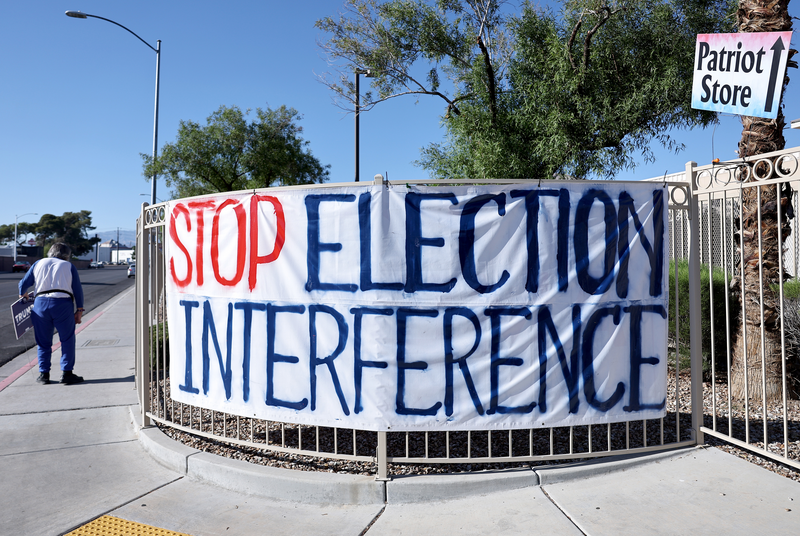The US Commodity Futures Trading Commission is weighing an outright ban on using derivatives to bet on US elections.
CFTC Chairman Rostin Benham was quoted in various media outlets in March as saying that his agency was coming up with such a new rule for the prediction markets in coming months. And last week Bloomberg News reported sources familiar with the matter as saying the ban was being considered.
The CFTC’s draft proposal would increase oversight of the contracts used by people to wager on real-world outcomes such as monetary policy, lunar landings and music awards. The regulator might also prohibit some contracts on sports and calamities such as global health crises, those sources said.
Kalshi and PredictIt sue
In a complaint filed in November, events betting platform Kalshi sued the CFTC over its rejection of a move to allow investor betting on US elections, citing the CFTC’s order as “arbitrary, capricious, and otherwise contrary to law.”
It asked the court to vacate the order and allow its election contracts to reach the marketplace.
As an exchange, Kalshi has offered betting on such things as a hurricane hitting in Miami and the outcome of the Grammy’s, developing what it deems a new asset class – event contracts.
This past September, the CFTC shot down Kalshi’s plan to let users place bets on a political party winning control of the US House or Senate in the 2024 election. The CFTC said it would not be in the public’s best interest for the exchange to sell congressional election events contracts. It maintains that political bets constitute gaming that is illegal in multiple states and don’t offer sufficient economic value, while potentially providing an incentive for election tampering.
In its lawsuit, Kalshi claims that the CFTC has overstepped its authority and misapplied the law. It says the CFTC can evaluate whether a bet on an event is in the public’s interest only if the event itself is related to “crime, a terrorist attack, an assassination, an act of war, or gaming.”
As congressional elections themselves don’t fall into any of those categories, the agency had no authority to rule on whether election betting is within the public interest, according to Kalshi’s lawyers.
There certainly are other political betting platforms out there: PredictIt is a New Zealand-based online prediction market that offers exchanges on political and financial events, operated by Victoria University of Wellington with support from Aristotle, Inc., and with offices located in Washington, D.C.
The company, via Victoria University, was able to get a no-action letter from the CFTC in 2014, permitting it to offer a certain number of traders at a certain dollar cap to trade on US and state-level elections and other more global events.
In August 2022, the CFTC withdrew its no-action letter and its permission, saying PredictIt had not acted in compliance with its terms under the no-action letter.
In January 2023, the Fifth Circuit Court of Appeals granted a temporary injunction allowing PredictIt to continue operating while the court considered further relief for the organization.
Worries from regulators, lawmakers
Regulators have expressed their opinion that the political prediction markets is too risky; seeing investors wager on US elections carries the risks of fomenting electoral influence and misinformation campaigns, among other concerns.
And some senators are also concerned. Senators Chris Van Hollen (D-MD), Jeff Merkley D-OR) Whitehouse (D-RI), Ed Markey (D-MA), Elizabeth Warren (D-MA), and the late Dianne Feinstein (D-CA) called on the CFTC to reject Kalshi’s proposal last year when it first announced its intent to offer events contracts based on the outcomes of US elections.
In their August 2023 letter, the all-Democrat group of senators said: “For example, billionaires could expand their already outsized influence on politics by wagering extraordinary bets while simultaneously contributing to a specific candidate or party.” And they said: “If citizens believe that the democratic process is being influenced by those with financial stakes, it may further exacerbate the disenfranchisement and distrust of voters already facing our nation.”

















